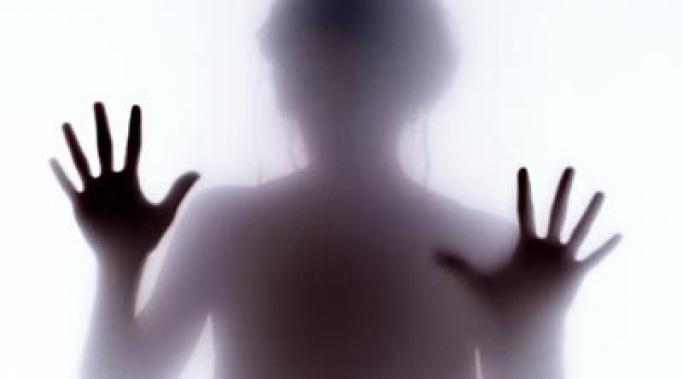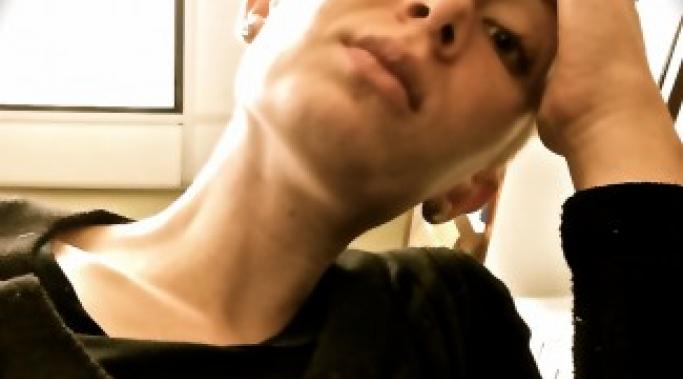Blogs
In my history with bipolar disorder I have experienced many sleep problems. Typically, I can’t get to sleep at night and require sleep medication nightly to induce sleep. And while, historically, I have slept through the night after this medication, more recently, I’ve had trouble with mid-night awakenings. And I consider bipolar wellness to be highly correlated with sleep duration and quality. So what is the deal with sleep and bipolar anyway?
I find myself in a paradox lately. I have always been extremely accepting of others who are different, especially those who are lesbian, gay, bisexual, transgender, and queer (LGBTQ). But it's been extremely hard for me to accept that I am genderqueer. While this is common with people who suffer from mental illnesses, it is a huge problem with LGBTQ individuals. LGBTQ people have a much harder time with self-acceptance thanks to a hostile environment that does not accept their sexuality and gender identity. In short, gender dysphoria affects my depression.
Last summer on a girls’ beach trip, I decided to talk to my three nieces, young women in their teens and early twenties, about my depression and the collateral damage that can result. They’ve grown up knowing me mostly as fun Aunt Jenny who plans outings and understands fashion emergencies. But they’ve also seen me sitting alone at family gatherings, curtly rejecting company, crying at parties for no apparent reason and, most puzzling to their childhood sensibilities, seeming totally disinterested in them and their feelings. They’ve also seen me very depressed.
Receiving news that you have Alzheimer's disease can be extremely upsetting and terrifying. As you are trying to come to grips with the reality of your disease, it is important to recognize that there are a variety of resources available to help you navigate through this difficult time.
Many of those who self-harm feel trapped inside their own skin. It can be difficult deciphering what your body is telling you when your own behaviors are unrecognizable. These mood highs and lows can make those struggling with mental illness turn to destroying the skin they feel trapped inside of, hoping those feelings will disappear. However, it can be tough ignoring a fresh self-harm scar and forgetting what brought you to that point of recklessness when it is right in front of you. Even after a quick glance at a recent self-injury mark, a terrific day can turn into a nightmare because of the emotions locked inside the wound. Mood highs and lows affect self-harm behavior.
When I was at church yesterday, I struck up a conversation with a visitor. She mentioned she had a son with mental illness - Asperger's syndrome and bipolar disorder. I said I was a mental health consumer who also had Asperger's Syndrome, and we began to talk about life with a severe mental illness. She said several things which stood out to me, all of which could help mentally ill children. Here are three ideas that could help mentally ill kids, through the eyes of a mom.
How should you deal with a loved one who is actively addicted? For friends and family of addicts and alcoholics, this heartbreaking question constantly presents itself. Guidelines are helpful, but many instances will need to be addressed on a case by case basis.
I asked my Facebook friends what they wanted to know about borderline personality disorder (BPD). Someone asked:
"I'd like to know how does one discover or come to terms with being BPD? It took me years to learn of my depression, and I would assume one doesn't always know they have BPD - so how do they find out? And once they find out, then what?"
Yesterday, my teenage son, Bob, told me he was depressed. This is not earth-shattering as Bob lives with bipolar disorder. What is remarkable is how he was able to identify his teen bipolar depression and share how he was feeling with me. Now I can get him the medical help he needs.
Many people have experiences with dissociation, and at its most extreme, one may be diagnosed with dissociative identity disorder (DID). Sometimes dissociation is a pleasant alternative to dealing with the anxiety or fear that triggered it. Other times, however, dissociation itself may be very scary and cause anxiety. One tool for coping with frightening dissociation is to use a safe object.









I believe she will only be able to rid herself of her demons, and hopefully her BPD as well, when she's ready to confront the abuse of her father. If she can put the blame where it belongs, she may stop projecting that victim/perpetrator cycle on the present men in her life. These demons are a metaphor for the purgatory she has created for herself. That reality has consequences in the real world, but it need not be real in the tangible sense. Exorcising her demons will require the expenditure of real physical energy and probably the destruction of aspects of her personality. If this ever happens, and it's possible but not probable, then these demons will evaporate. They are only as real as one's personality is real. In short, reality is not the question, it's what you make of the things you feel to be real.